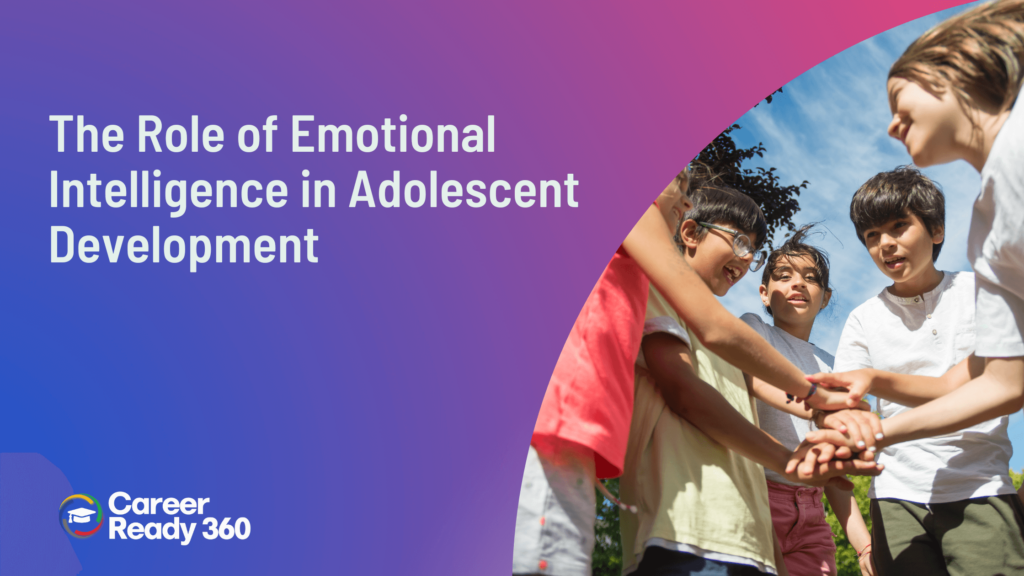Emotions are an integral part of our human experience, and they play a crucial role in our
development from a young age. As adolescents navigate the challenging path towards
adulthood, emotional intelligence becomes a significant factor that can impact their
journey. In this blog, we will explore the role of emotional intelligence in adolescent
development and how it contributes to their growth, relationships, and overall well-being.
Understanding Emotional Intelligence
Emotional intelligence, often referred to as EQ (Emotional Quotient), is the ability to
recognize, understand, manage, and effectively use our emotions and those of others. It
involves skills such as empathy, self-awareness, self-regulation, and social awareness. These
skills collectively form the foundation for building healthy relationships, making responsible
decisions, and handling life’s challenges effectively.
Emotional Intelligence in Adolescence
Adolescence is a period marked by significant physical, emotional, and cognitive changes.
It’s a time when individuals are exploring their identity, facing peer pressure, and dealing
with academic and social challenges. Emotional intelligence can be a guiding light during this
tumultuous phase.
1. Self-Awareness: Adolescents with a strong sense of self-awareness can better understand
their emotions, strengths, and weaknesses. This self-awareness helps them make informed
decisions about their goals, values, and life choices.
2. Self-Regulation: Emotional regulation is vital during adolescence when intense emotions
can lead to impulsive actions. Adolescents with good self-regulation skills can manage their
anger, frustration, and anxiety constructively, which can lead to healthier relationships and
better decision-making.
3. Empathy: Adolescents who can empathize with others are more likely to build positive
relationships with peers, teachers, and family members. Empathy fosters understanding and
cooperation, enhancing their social interactions.
4. Social Skills: Developing effective social skills is essential for adolescents. Emotional
intelligence helps them navigate social situations, resolve conflicts, and communicate
assertively, promoting healthy relationships and teamwork.

The Impact of Emotional Intelligence on Teamwork
Teamwork is a valuable skill in both adolescence and adulthood. Adolescents who possess
emotional intelligence often excel in collaborative settings. They can communicate their
ideas effectively, listen actively to others, and resolve conflicts without escalating tension.
As adolescents engage in group activities, sports, or school projects, they can leverage their
emotional intelligence to:
1. Foster Inclusivity: Emotionally intelligent adolescents create an inclusive environment
where everyone feels valued and heard, contributing to a more positive group dynamic.
2. Resolve Conflicts: Conflict is inevitable in group settings. Adolescents with strong
emotional intelligence can mediate conflicts, find common ground, and maintain a
harmonious atmosphere within the team.
3. Enhance Decision-Making: Emotional intelligence aids adolescents in making well-
informed decisions within the group, taking into account the feelings and perspectives of
their peers.
Conclusion
In the journey of adolescent development, emotional intelligence is a valuable asset. It
equips adolescents with the skills they need to understand themselves, build meaningful
relationships, and thrive in group settings. As they transition into adulthood, these
emotional skills will continue to shape their career, relationships, and overall well-being.
Encouraging adolescents to develop their emotional intelligence can be one of the most
significant investments we make in their future. By doing so, we empower them to navigate
life’s challenges with resilience, empathy, and a deep understanding of themselves and
others.


